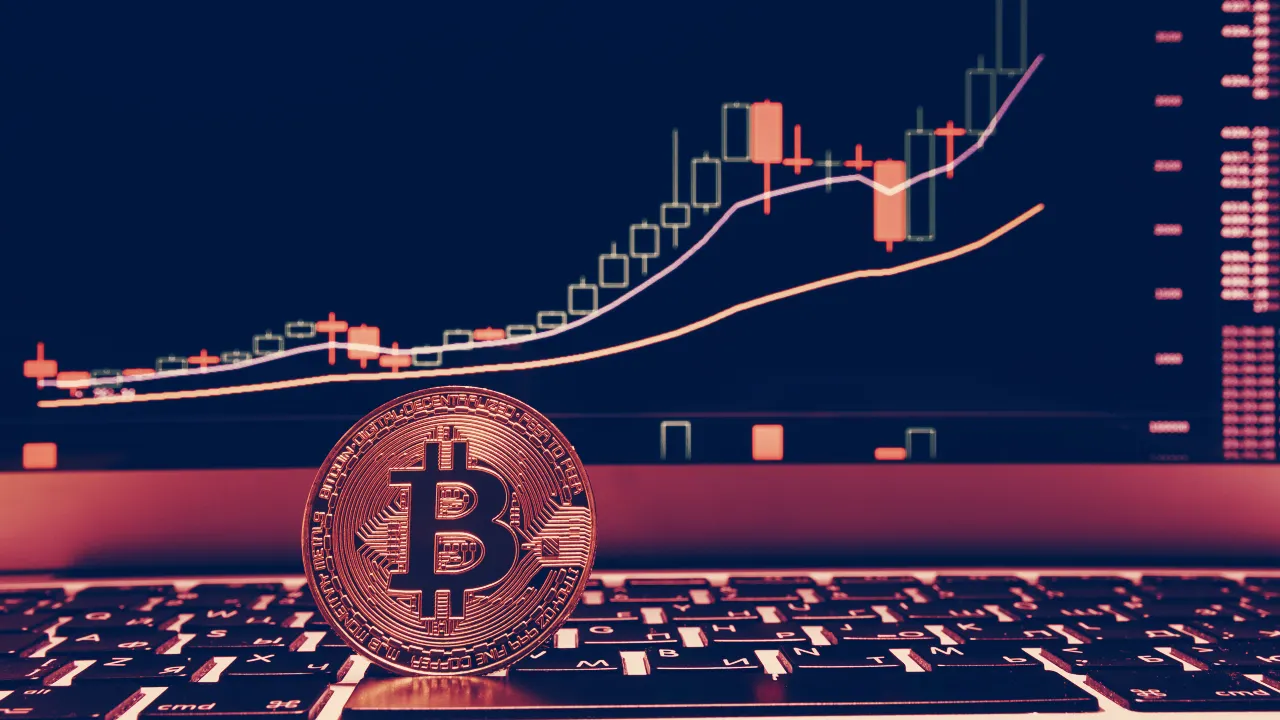Back in March, Bitcoin (BTC) and most other cryptocurrencies joined the stock market in one of the biggest market sell-offs in recent history. Now, two months after, what is now known as, Black Thursday (March 12, 2020), Bitcoin has recovered all of its losses plus more, while the stock market is still struggling.
Despite crashing from a peak of $7,931 on Black Thursday, down to a trough of $4,121 a day later, Bitcoin has managed to climb back to $9,700 today. This represents a gain of 135% since the crash. Overall, Bitcoin has seen near relentless growth for the past two months, and is now up eight percent in the last day alone.
Comparatively, the S&P 500, a popular stock market index that tracks the 500 largest companies on US stock exchanges, isn't doing so well. The S&P 500 first started losing significant value much earlier than Bitcoin—beginning its decline on February 19, 2020. In the month that followed, the S&P 500 fell to a low of $2,208 on March 23, equivalent to a 35% loss from peak to trough in 2020. Since then, the S&P 500 has managed to bounce back to $2,781—slightly lower than its peak value for the week of the Black Thursday crash.
As a result, Bitcoin appears to have decoupled from the US stock market, since it has both surpassed its pre-crash value and is now just inches away from attaining a new highest value for the year. The exact cause behind the decoupling isn't yet known, but the recent third halving event likely played a key role.
As part of the halving, the block rewards distributed to Bitcoin miners was slashed by 50%, thereby increasing the scarcity of newly minted Bitcoin. But this didn't happen until after the halving, and most of the action happened beforehand. But the lure of the halving attracted worldwide attention, with Google searches for "Bitcoin halving" increasing 400%. But was it a temporary pump or will it be lasting interest?
Disclaimer
The views and opinions expressed by the author are for informational purposes only and do not constitute financial, investment, or other advice.
Daily Debrief Newsletter
Start every day with the top news stories right now, plus original features, a podcast, videos and more.

